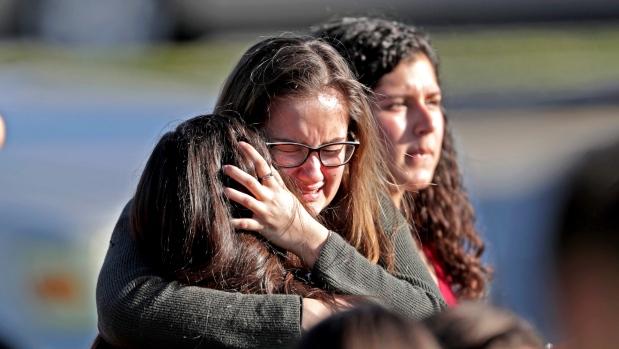
Following hurricane Sandy, which hit the states of New York, New Jersey and Connecticut in the United States of America just before the presidential elections in 2012, there began a debate in the US on whether or not the hurricane was linked to human induced climate change. This was the first time that leading politicians started to openly discuss the possibility that climate change was real and even the Republican Mayor of New York, Bloomberg and Governor of New Jersey, Chris Christie were willing to accept the reality of human induced climate change.
This represented a tipping point in public discourse as the US opened up public debate about the potential impacts of climate change in the state (something that had been almost taboo until then).
Sandy claimed over 200 lives in total, of which 43 were in New York City. Over 4 million people in the metropolitan area lost power, which was the most widespread outage this area had ever seen. Utility companies were simply unprepared to handle such a massive outage in a timely manner; leaving some people without power for weeks.
The three states have asked Congress to allocate over $ 80 billion to compensate them for the loss and damage from the hurricane. Mayor Bloomberg has set up a New York City Panel on Climate Change (NPCC), which has recommended an update on the 100-year floodplain to include more vulnerable areas.
The city planners are now explicitly taking climate change into account to both replace and develop new infrastructure.
One initiative that also took place immediately after Sandy was a dialogue between Bangladeshi and American climate change and disaster risk-reduction experts about lessons that could be shared between Bangladesh and the US, especially New York.
As a result, a meeting in New York was organised by the Urban Climate Change Research Network (UCCRN) based at Goddard Institute for Space Studies at Columbia University in New York, together with the Bangladesh Environment Network (BEN), which is an international network of Bangladesh environmental scientists and activities with an active chapter in New York.
The seminar on “Lessons from Bangladesh for a Post-Sandy New York” was held at Columbia University on January 14, with presentations by Professor Cynthia Rozensweig from Columbia University on Sandy and me on the lessons from Bangladesh that were relevant for New York, and finally by Professor Mizan Khan of North South University, who is spending a sabbatical year at Brown University, spoke about the lack of debate on climate change in the US until Sandy.
With around fifty participants consisting of faculty and students from Columbia University, as well as some local Bangladeshis living in New York and a number of US citizens from Sandy affected communities, the discussion during and after the presentations explored the tactics on how both Bangladesh as well as the US can learn from each other; where Bangladesh can teach the US about certain common concerns.
The main lessons that were identified, elaborated and discussed included the following:
Firstly, such intense hurricanes will become more frequent all over the world with time (they are called cyclones in South Asia and typhoons in the Pacific), and hence all coastal regions and cities can learn from each other on how to be better prepared in future.
Secondly, that the technologically and financially more advanced developed countries do not necessarily have an advantage over poorer developing countries. Many developing countries, such as Bangladesh, with their long history of dealing with these types of events can indeed teach the richer countries on what needs to be done to be better prepared.
Thirdly, the importance of empowering and capacitating the most vulnerable communities (who are often also the poorest communities) and treat them as agents of change and not just as victims.
Finally, it was agreed that south-south and south-north networks of scientists and planners would be a means of ensuring such exchanges of knowledge and experience in future.
The writer is Senior Fellow at the London based International Institute for Environment and Development and Director of the International Centre for Climate Change and Development at the Independent University, Bangladesh.
Source: The Daily Star









